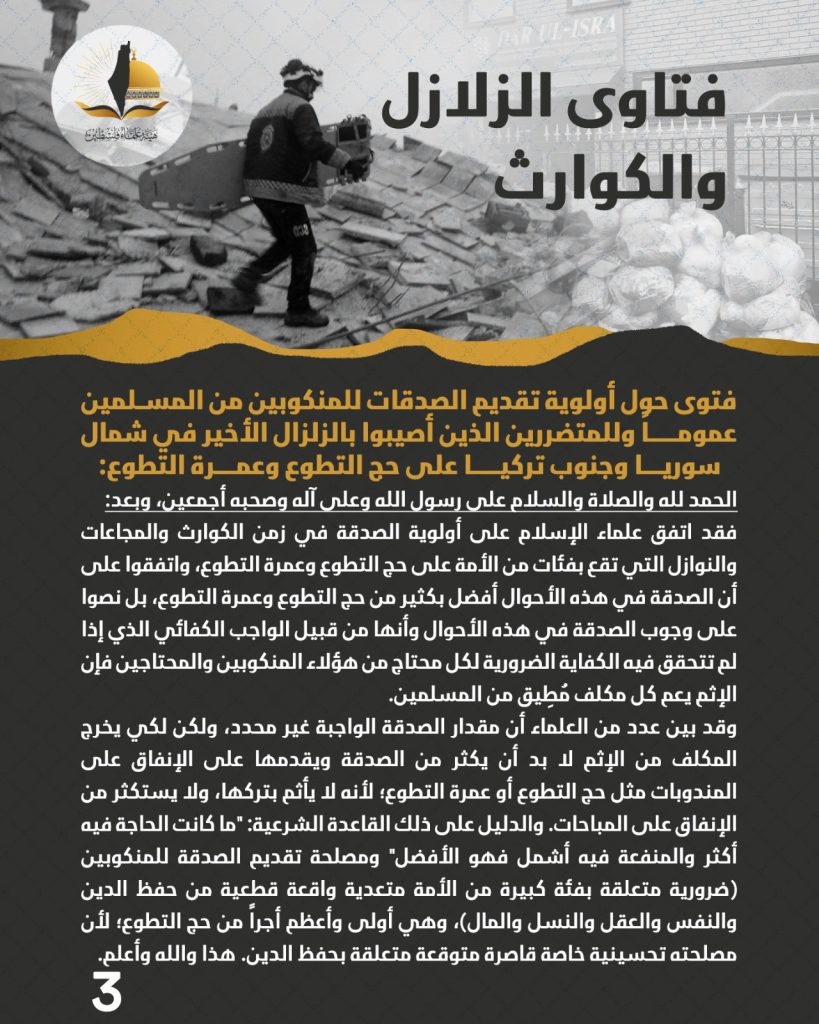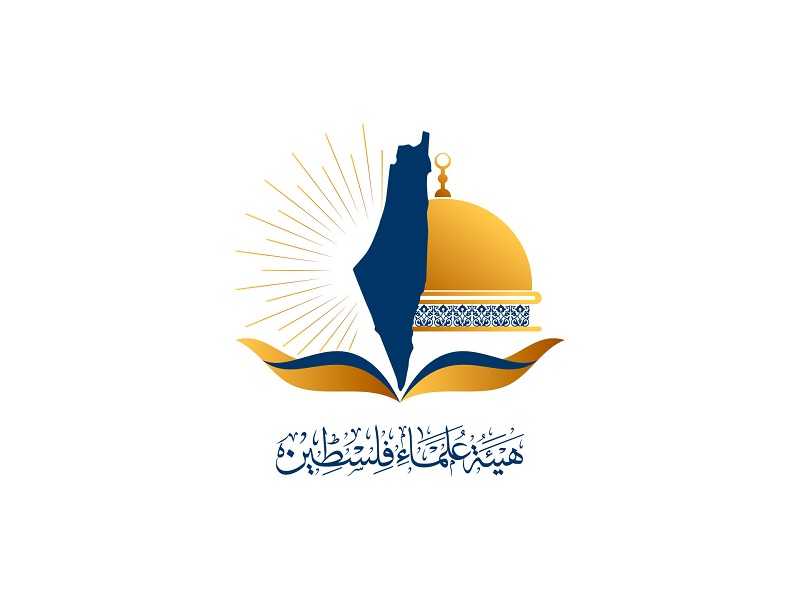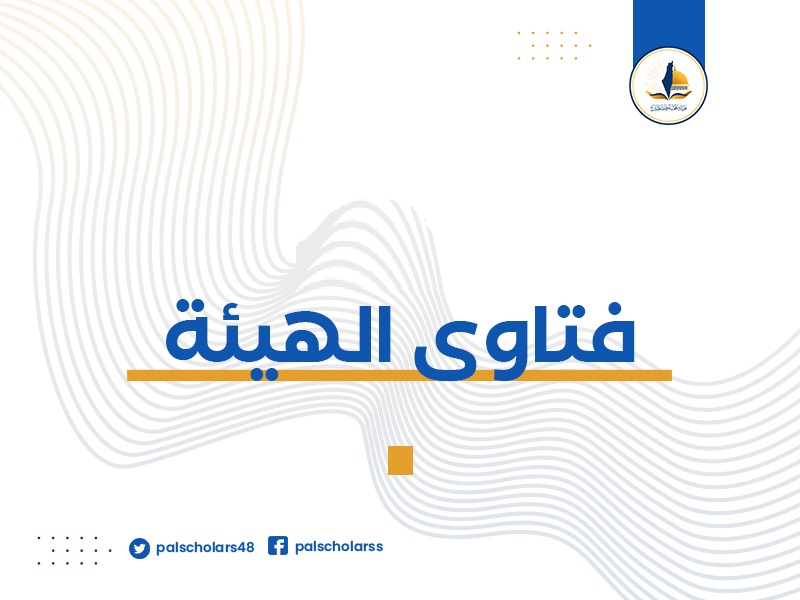خاص هيئة علماء فلسطين
21/2/2023
فتوى حول أولوية تقديم الصدقات للمتضررين والمنكوبين من المسلمين عموما وممن أصيبوا بالزلزال الأخير في شمال سوريا وجنوب تركيا على حج التطوع وأداء العمرة
إعداد: د. محمد همام ملحم

بسم الله الرحمن الرحيم
الحمد لله والصلاة والسلام على رسول الله وعلى آله وصحبه أجمعين وبعد:
فقد وردنا سؤال حول ما هي الأولوية في ظل الظرف الحالي المتعلق بالزلزال المدمر الذي وقع في الجنوب التركي والشمال السوري وما ترتب عليه من تبعات بالإضافة للحاجة الماسة لكثير من المسلمين المضطهدين في كثير من البلدان كفلسطين وسوريا واليمن والروهينغيا وتركستان الشرقية وغيرها، هل هي للصدقة وسد حاجة المحتاجين ومواساتهم أم لحج التطوع وعمرة التطوع.
نقول وبالله التوفيق، اتفق علماء الإسلام على أولوية الصدقة في زمن الكوارث والمجاعات والنوازل التي تقع بفئات من الأمة على حج التطوع وعمرة التطوع، واتفقوا على أن الصدقة في هذه الأحوال أفضل بكثير من حج التطوع وعمرة التطوع بل نصوا على وجوب الصدقة في هذه الأحوال وأنها من قبيل الواجب الكفائي الذي إذا لم تتحقق فيه الكفاية الضرورية لكل محتاج من هؤلاء المنكوبين والمحتاجين فإن الإثم يعم كل مكلف مُطِيق من المسلمين كما قال الإمام الشافعي رحمه الله، وقد نص أكثر من عالم من العلماء على أنه إذَا كَانت سَنَةَ مجاعة أو كارثة كَانت الْمُواساة بِالصّدقة وَاجبةً عَلَى كل قادر من المسلمين فَإِذَا لَمْ يُوَاسِ الرَّجلُ فِي سنة مجاعة أو كارثة مِن مالِه بالقَدْر الذي يجبُ عليه بالمُواساة فِي الْجُملة فقد أثم. ثم بينوا أن مقدار الصدقة الواجبة غير محدد ولكن لكي يخرج المكلف من الإثم لا بد أن يكثر من الصدقة وبقدمها على الإنفاق على المندوبات مثل حج التطوع أو عمرة التطوع لأنه لا يأثم بتركها ، ولا يستكثر من الإنفاق على المباحات.
وقد قال الإمام الرَّحْمَتِيُّ معقبا على ما روي عن الإمام أبي حنيفة من أنه كان يرى تفضيل الصدقة على حج التطوع مطلقاً ثم لما حج وعرف المشقة أفتى بأن الحج أفضل: “وَالْحَقُّ التَّفْصِيلُ ، فَمَا كَانَتْ الْحَاجَةُ فِيهِ أَكْثَرَ وَالْمَنْفَعَةُ فِيهِ أَشْمَلَ فَهُوَ الْأَفْضَلُ”، وهذا هو المنهج الذي سار عليه العلماء ولا يخالف فيه أي عاقل من العقلاء، ومن خلال إجراء موازنة سريعة بين مصالح كل من الإنفاق في سد حاجات الناس في الكوارث وبين الإنفاق على حج التطوع وعمرة التطوع وغير ذلك من مجالات التطوع القاصر على الفرد نجد أن مراتب مصالح الإنفاق على الناس في حالات الكوارث والزلازل والمجاعات أعظم بكثير من مراتب مصالح الإنفاق على حج التطوع وعمرة التطوع.
فالصدقة في حالات المجاعات والكوارث في بعض بلدان المسلمين، والصدقة في حالات النزاعات والحروب وما ينتج عنها من تشريد للناس وتهجيرهم وإصابة الآلاف منهم بالجرح والكسر وقطع الأطراف والأمراض الخطيرة، ففي هذه الحالات وما يشبهها الصدقة واجبة ومصلحتها (ضرورية متعلقة بفئة كبيرة من الأمة متعدية واقعة قطعية من حفظ الدين والنفس والعقل والنسل والمال)، وهي أولى وأعظم أجراً من حج التطوع؛ لأن مصلحته تحسينية خاصة قاصرة متوقعة متعلقة بحفظ الدين.
وهذا الحكم ثابت أيضا في أولوية الصدقة في الجهاد في سبيل الله والدعوة إلى الله عز وجل والأمر بالمعروف والنهي عن المنكر والصدقة على الفقراء والمحاويج من المسلمين فإنها أولى من الإنفاق على حج التطوع لأن مراتب مصالح الصدقة في تلكم الأبواب أعظم من مراتب مصالح الإنفاق على حج التطوع وعمرة التطوع وغيرها من المندوبات القاصرة على الإنسان وحده.
هذا والله أعلم. والحمد لله رب العالمين.

وهذه ترجمة مختصر الفتوى إلى اللغة الإنجليزية:
Earthquake and disasters Fatwas
A fatwa on the priority of giving Sadaqa (alms) to afflicted Muslims in general and to those affected by the recent earthquake in northern Syria and southern Turkiye over voluntary Hajj and voluntary Umrah:
Praise be to Allah, and prayers and peace be upon the Messenger of Allah and his family and companions, and after: The scholars of Islam have agreed on the priority of alms in times of disasters, starvation, and incidents that happen to hundreds of the nation over voluntary Hajj and voluntary Umrah, and they agreed that alms in these circumstances is much better than voluntary Hajj and Umrah, rather, they stipulated that alms is obligatory in these cases and that it is a kind of sufficient obligation, in which if the necessary sufficiency is not achieved for each of those in distress and need, then sin is on every able and obligated Muslim.
A number of scholars have also indicated that the amount of obligatory alms is not specified, but in order for the obligated person to get rid of sin, he must give a lot of charity and give it priority over spending on other desirable acts, such as a voluntary Hajj or a voluntary Umrah; because he does not sin by leaving them, as well as not spending too much on permissible things.
Evidence for this is the religious rule: “Whatever the need is greater and the benefit in it is more comprehensive, then it is the best” and the benefit of providing alms to the afflicted (necessity related to a large group of the nation which goes beyond a definite fact of preserving religion, life, mind, offspring, and money), which is better and greater in reward than the voluntary Hajj; because its private, minor, and expected improving benefit is related to preserving the religion only.
This and Allah knows best.
وهذه ترجمة مختصر الفتوى إلى اللغة الفرنسية:
Fatwas de Tremblement de terre et catastrophes
Une fatwa sur la priorité de donner Sadaqa (aumône) aux musulmans affligés en général et à ceux touchés par le récent tremblement de terre dans le nord de la Syrie et le sud de la Turquie sur le Hajj volontaire et volontaire Umrah:
Louange à Allah, et prières et paix sur le Messager d’Allah et sa famille et ses compagnons, et après : Les érudits de l’Islam ont convenu de la priorité de Sadaqa en temps de catastrophes, la famine, et les incidents qui arrivent à des centaines de la nation sur le volontaire Hajj et volontaire Umrah, et ils ont convenu que Sadaqa dans ces circonstances est beaucoup mieux que le volontaire Hajj et Umrah, au contraire, ils ont stipulé que Sadaqa est obligatoire dans ces cas et qu’il s’agit d’une sorte d’obligation suffisante, dans laquelle si la suffisance nécessaire n’est pas atteinte pour chacun de ceux qui sont en détresse et dans le besoin, alors le péché est sur tout musulman capable et obligé.
Un certain nombre de chercheurs ont également indiqué que le montant de Sadaqa obligatoire n’est pas spécifié, mais pour la personne obligée de se débarrasser du péché, il doit donner beaucoup de charité et lui donner la priorité sur les dépenses sur d’autres actes souhaitables, comme un Hajj volontaire ou un Umrah volontaire; parce qu’il ne pèche pas en les laissant, ainsi que de ne pas dépenser trop sur les choses permises.
La règle religieuse en est la preuve : « Quel que soit le besoin qui est le plus grand et le bénéfice qui en découle est plus complet, alors c’est le meilleur » et le bénéfice de Sadaqa aux affligés (nécessité liée à un grand groupe de la nation qui va au-delà d’un fait défini de préserver la religion, la vie, l’esprit, la progéniture et l’argent), qui est mieux et plus en récompense que le Hajj volontaire; parce que son privé, mineur, et l’amélioration attendue est liée à la préservation de la religion seulement.
Ceci et Allah sait mieux.
🌟🌟🌟🌟🌟🌟🌟🌟🌟🌟🌟
وهذه ترجمة مختصر الفتوى إلى اللغة الإيطالية:
Fatwas di Terremoto e disastri
Una fatwa sulla priorità di dare Sadaqa (elemosina) ai musulmani afflitti in generale e a quelli colpiti dal recente terremoto nel nord della Siria e nel sud della Turchia sull’Hajj volontario e volontario Umrah:
Lode ad Allah, e preghiere e pace sul Messaggero di Allah e la sua famiglia e compagni, e dopo: Gli studiosi dell’Islam hanno concordato la priorità di Sadaqa in tempo di disastri, la carestia, e gli incidenti che accadono a centinaia della nazione sul volontario Hajj e volontario Umrah, e hanno convenuto che Sadaqa in queste circostanze è molto meglio del volontario Hajj e Umrah, al contrario, hanno stabilito che Sadaqa è obbligatorio in questi casi e che si tratta di una sorta di obbligo sufficiente, in cui se la sufficienza necessaria non è raggiunta per ciascuno di coloro che sono in difficoltà e nel bisogno, allora il peccato è su ogni musulmano capace e obbligato.
Alcuni ricercatori hanno anche indicato che l’importo di Sadaqa obbligatorio non è specificato, ma per la persona costretta a liberarsi del peccato, deve dare molta carità e dargli priorità sulle spese su altri atti desiderabili, come un Hajj volontario o un Umrah volontario; perché non pecca lasciandoli, così come non spendere troppo sulle cose consentite.
La regola religiosa ne è la prova: «Qualunque sia il più grande bisogno e il beneficio che ne deriva è più completo, allora è il meglio» e il beneficio di Sadaqa agli afflitti (necessità legata a un grande gruppo della nazione che va al di là di un fatto definito di preservare la religione, la vita, lo spirito, la prole e il denaro), che è meglio e più in ricompensa del Hajj volontario; perché il suo privato, minore, E il miglioramento previsto è legato solo alla conservazione della religione.
Questo e Allah sa meglio.
📍📍📍📍📍📍📍📍📍📍📍









